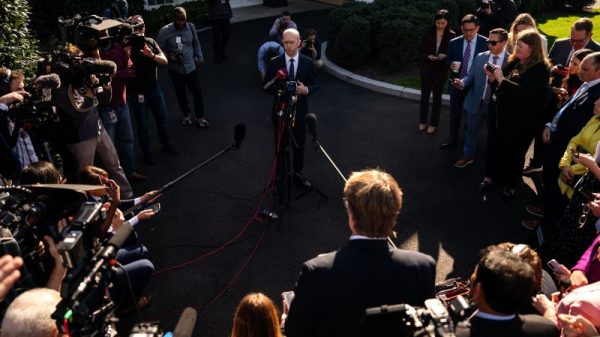U.S. Patent System: 224 Years of Innovation
In a world where history often feels like it’s on a loop, the U.S. patent system provides a captivating narrative of innovation, conflict, and the relentless march towards progress. From its inception over two centuries ago to the modern-day debates that shape its contours, the patent system has played a pivotal role in the tapestry of American ingenuity. As we approach its 225th anniversary in 2025, let’s take a whimsical yet insightful stroll down memory lane, examining how history repeats itself within this remarkable institution and what the future may hold.
George Washington’s Vision: A Patent System
On April 10, 1790, the U.S. established its patent system. This act laid the cornerstone of what would become a global beacon of innovation. George Washington foresaw the nation’s hunger for advancement. Consequently, he emphasized the importance of encouraging both domestic and foreign inventions. Meanwhile, Abraham Lincoln added his perspective. He declared that the patent system fuels the fire of genius. Together, these visionary statements have supported a system for 224 years. As a result, this system has been a cradle for groundbreaking innovations.
Key Reforms: Evolving the Patent Landscape
1790: The dawn of the U.S. patent system.
2011 & 2013: The landscape of patents was reshaped with significant legal reforms aimed at modernizing the system for an era of rapid technological evolution.
These milestones, while centuries apart, share a common thread: the relentless pursuit of balancing protection for inventors with the public’s thirst for innovation.
The Genius Contract: 20-Year Monopolies
At its core, the U.S. patent system grants inventors a 20-year monopoly on their creations, in exchange for full disclosure. The government designed this contract between genius and society to spur innovation while ensuring eventual public access. However, the system has faced its share of ironies and controversies:
The Wright Brothers, pioneers of flight, were accused of stifling progress through their aggressive defense of patents.
Recent legislative tweaks and proposals have sparked debates on whether the system still serves its original purpose or if it has become a tool for legal battles that hinder innovation more than they help.
21st Century: Patent System at a Crossroads
The 21st century has introduced new challenges:
The America Invents Act and subsequent reforms have aimed at reducing litigation. However, they raised concerns about weakening protections for the small inventors.
The rise of “patent trolls” and lobbyist-driven initiatives threatens the balance between protection and innovation.
Despite these hurdles, the significance of the patent system as a driver of national innovation cannot be overstated. It stands as a testament to human creativity and the entrepreneurial spirit, even as it navigates the choppy waters of modern legislative and economic challenges.
Towards 2025: Envisioning Patent Future
As we near the 225th anniversary of the patent system in 2025, we stand at a crossroads. The foundational goals of fostering innovation and protecting inventors are more relevant than ever. Yet, they face threats from special interests and a changing technological landscape that could dilute the system’s effectiveness.
History shows us that the U.S. patent system has been both a catalyst for innovation and a battlefield for competing interests. The challenges it faces today are not new; they are simply the latest iteration in a long line of obstacles. However, the system has consistently found a way to adapt and evolve, driven by the very innovation it seeks to protect.
In the end, the future of the U.S. patent system may well hinge on its ability to remember its past. By recalling the visionary goals of its founders and the pivotal moments of its history, the system can navigate the modern challenges with an eye towards preserving the delicate balance between protecting inventors and encouraging innovation. As we look towards 2025, one thing is clear: the story of the U.S. patent system is far from over. Its next chapter, shaped by the lessons of the past and the pressures of the present, promises to be as compelling as any that have come before.
The post U.S. Patent System: 224 Years of Innovation appeared first on FinanceBrokerage.




























